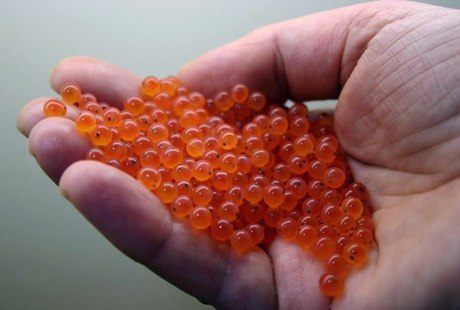Triploid salmon production to be stepped up

THE Norwegian Food Safety Authority has approved a number of applications for the production of triploid salmon at another two fish farms to help protect wild salmon stocks.
There were an unprecedented high number of escapes at fish farms throughout the country last year which led to the then seafood minister, Harald T. Nesvik, demanding action and the Directorate of Fisheries ordering rivers to be monitored.
According to official figures, more than 280,000 salmon escaped from fish farms in some 30 separate incidents.
This was 17 times the figure of just two years earlier and it has given conservationists hostile to fish farming a stick with which to beat the industry.
Even Seafood Norway, the employers’ industry body, said urgent improvements were necessary and agreed that companies found to be negligent should be ordered to pay.
Triploid salmon has three sets of chromosomes, unlike ordinary diploid salmon which have only two.
Marine biologists say the extra chromosome makes the salmon sterile, so if they get into rivers they cannot mix and interbreed with wild fish stocks.
They also have other characteristics which some biologists say are so different that they should be treated as two different species of salmon. These include a higher growth rate under certain conditions.

